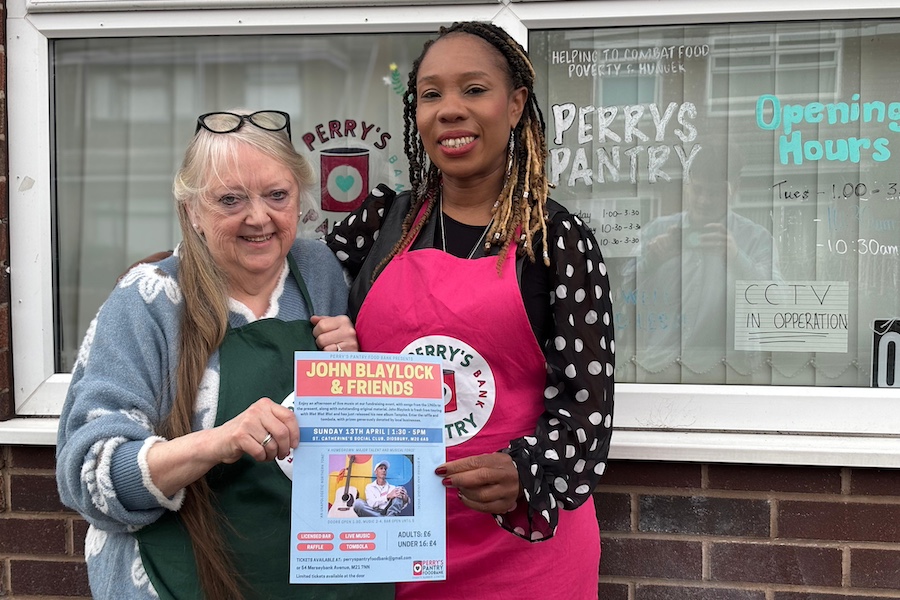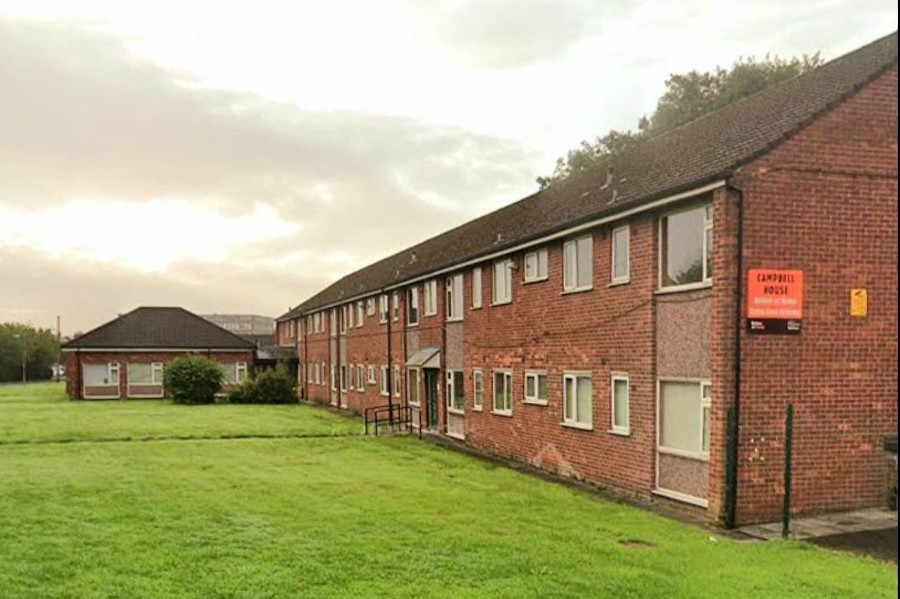Kellogg’s to close Trafford Park factory that has been open since the 1930s
- Written by Thom Bamford
- Last updated 11 months ago
- Business, Trafford
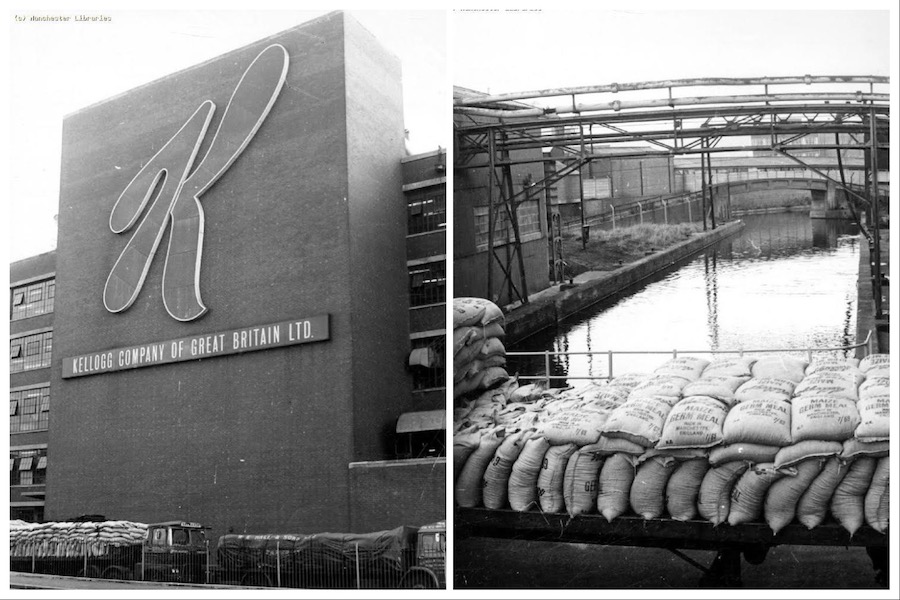
Kellogg’s decision to shut down its Trafford Park plant has been described as a “very sad day” and a significant setback for Greater Manchester by local leaders.
There had been huge question marks looming over the future of the site, which has served Manchester and the UK since the 1930s.
About one million boxes of cereals including Corn Flakes, Rice Krispies, and Coco Pops are made there every day.
It was Kellogg’s first British Factory, opened on 24th May 1938, which cost $2 million to build and covers 130,000 square feet.
Trafford Park Kelloggs factory
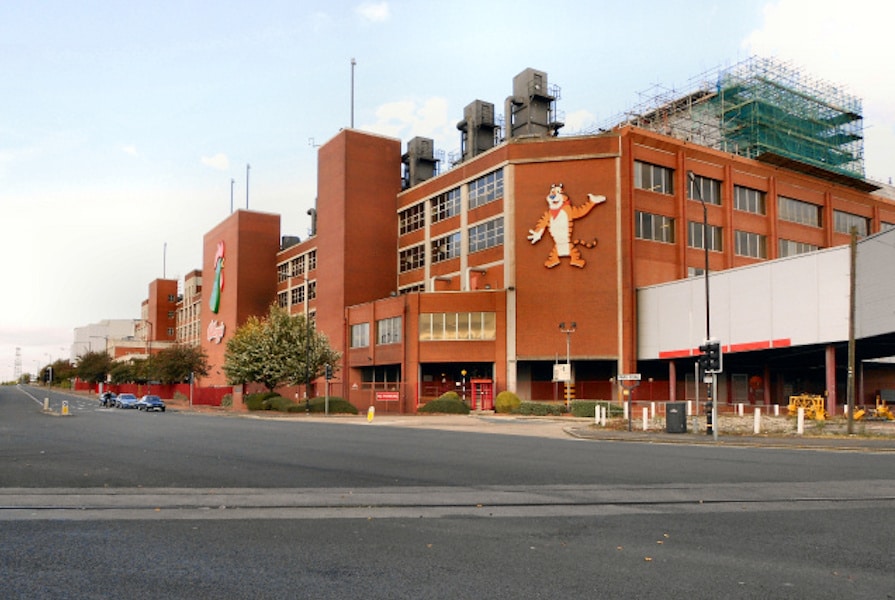
The future of the 27-acre Trafford Park site was put into question in February 2024 when Kellanova first proposed its closure, and that decision has now been confirmed following formal talks with trade unions and employee representatives.
Kellanova, the parent company, announced on May 16 that the factory will close by the end of 2026, resulting in the loss of 360 jobs.
Company officials cited the lack of a long-term future for the site as the reason for the closure.
Why is the Kelloggs factory closing?
Chris Silcock, UK Managing Director, explained that the plant’s layout, which dates back to the 1930s, is outdated. He noted that only half the space in the buildings is currently used and that maintaining the factory would require unsustainable investment.
He said: “The closure is nothing to do with the outstanding people who work there.
“However, we remain clear there isn’t a long-term future for the site.
“It’s laid out in a way that made sense in the 1930s, with food travelling up and down six floors in a legacy manufacturing process.
“What’s more, we only use half the space in the buildings and the investment required to maintain the factory in the coming years is simply not viable.”
Trade Union USDAW
In response to the closure, trade unions have negotiated an enhanced redundancy package for the affected employees. Mick Murray, USDAW area organiser, stated that the union had engaged in thorough consultation with the company and determined that the site could not support modern manufacturing processes.
Greater Manchester Mayor Andy Burnham described the closure as a “huge blow” to the local economy.
What did Andy Burnham Say?
In a statement on May 17, he expressed sympathy for the affected employees and their families and noted that despite efforts to keep the jobs in Greater Manchester, it was not feasible.
Burnham emphasised the importance of supporting the employees in finding new opportunities.
Trafford Council leader Tom Ross echoed these sentiments, calling it a “very sad day for Trafford.”
He acknowledged Kellogg’s long-standing presence in the community, highlighting its historical significance and the many residents who have worked there over the years.
Ross commended the unions for negotiating a substantial compensation package and offered the council’s support to any employee needing assistance, directing them to email employment@trafford.gov.uk.
The company’s Wrexham factories and headquarters in Salford’s MediaCity, which currently employ about 1,000 people, will not be affected.
You can find out more on Kellanova’s website by clicking here
- This article was last updated 11 months ago.
- It was first published on 20 May 2024 and is subject to be updated from time to time. Please refresh or return to see the latest version.
Did we miss something? Let us know: press@ilovemanchester.com
Want to be the first to receive all the latest news stories, what’s on and events from the heart of Manchester? Sign up here.
Manchester is a successful city, but many people suffer. I Love Manchester helps raise awareness and funds to help improve the lives and prospects of people across Greater Manchester – and we can’t do it without your help. So please support us with what you can so we can continue to spread the love. Thank you in advance!
An email you’ll love. Subscribe to our newsletter to get the latest news stories delivered direct to your inbox.
Got a story worth sharing?
What’s the story? We are all ears when it comes to positive news and inspiring stories. You can send story ideas to press@ilovemanchester.com
While we can’t guarantee to publish everything, we will always consider any enquiry or idea that promotes:
- Independent new openings
- Human interest
- Not-for-profit organisations
- Community Interest Companies (CiCs) and projects
- Charities and charitable initiatives
- Affordability and offers saving people over 20%
For anything else, don’t hesitate to get in touch with us about advertorials (from £350+VAT) and advertising opportunities: advertise@ilovemanchester.com

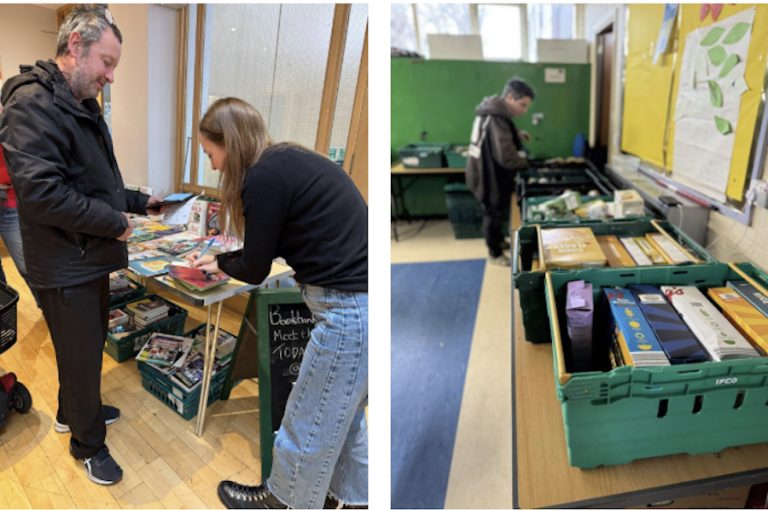

Martyn’s Law granted royal assent today to protect venues from terror attacks


Manchester and Los Angeles prove that opposites really do attract







